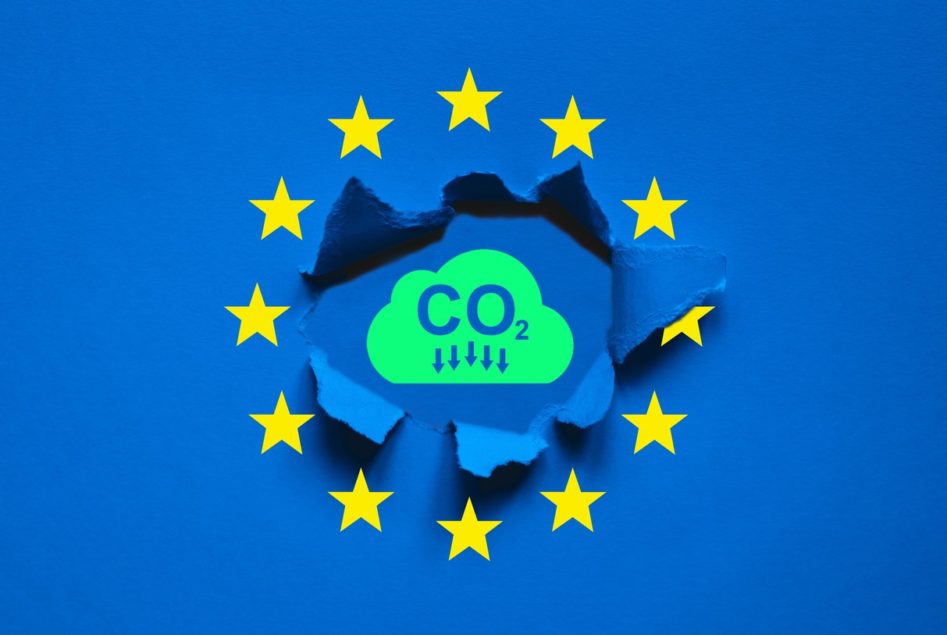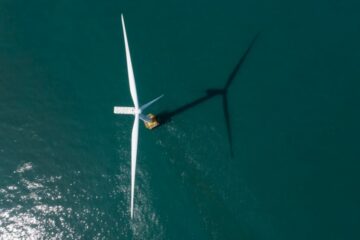
Germany has formed an alliance with Italy and some Eastern European countries opposing the planned phase-out of internal combustion engines from 2035 unless cars running on e-fuels are exempted from the ban.
Automotive News Europe reports that transport ministers from Germany, Italy, the Czech Republic, Poland, Romania, Hungary and Slovakia met March 13 to discuss changes to the European Union plans.
German transport minister Volker Wissing said skepticism about phasing out internal combustion vehicles was shared by Italy, Poland and the Czech Republic, among others.
He said the group of countries wants a separate category of combustion-engine cars that could run on synthetic, carbon-neutral e-fuels, after 2035.
“A ban on the combustion engine, when it can run in a climate-neutral way, seems a wrong approach for us,” Wissing said March 13.
Volkswagen and Porsche are developing e-fuels and have argued they could be an alternative to electrification in some segments of the auto industry. Wissing said vehicles running on e-fuels only should be exempt from the planned ban.
The ICE ban, the EU’s main tool to speed up Europe’s shift to electric vehicles, was put on hold earlier this month after last-minute opposition from Germany. That surprised policymakers in Brussels and other member states because EU countries and the European Parliament had already agreed to a deal on the law last year.
The EU says the 2035 date is crucial because the average lifespan of new cars is 15 years – so a later ban would stop the EU reaching net zero emissions by 2050, the global milestone scientists say would avert disastrous climate change. Transport accounts for around a quarter of EU emissions.
- SEO Powered Content & PR Distribution. Get Amplified Today.
- Platoblockchain. Web3 Metaverse Intelligence. Knowledge Amplified. Access Here.
- Source: https://www.supplychainbrain.com/articles/36818-germany-forms-alliance-to-change-eus-planned-combustion-engine-ban
- :is
- $UP
- 15 years
- a
- About
- Accounts
- After
- Alliance
- already
- alternative
- among
- and
- approach
- ARE
- around
- auto
- average
- Ban
- BE
- because
- Brussels
- by
- CAN
- cars
- Category
- change
- Changes
- Climate
- Climate change
- could
- countries
- crucial
- Czech
- czech republic
- Date
- deal
- developing
- disastrous
- discuss
- Earlier
- eastern
- Electric
- electric vehicles
- Emissions
- Engine
- Ether (ETH)
- EU
- Europe
- European
- European Countries
- European Parliament
- european union
- exempt
- For
- formed
- forms
- from
- Germany
- Global
- Group
- Have
- hold
- HTTPS
- Hungary
- ICE
- ID
- in
- industry
- internal
- IT
- Italy
- jpg
- Last
- Last Year
- Law
- lifespan
- Main
- March
- March 13
- member
- milestone
- ministers
- Month
- net
- New
- news
- of
- on
- opposition
- Other
- Others
- parliament
- planned
- plans
- plato
- Plato Data Intelligence
- PlatoData
- Poland
- policymakers
- Porsche
- put
- Quarter
- reaching
- Reports
- Republic
- Romania
- Run
- running
- s
- Said
- says
- scientists
- seems
- segments
- separate
- shared
- shift
- should
- Skepticism
- So
- some
- speed
- States
- Stop
- surprised
- synthetic
- that
- The
- the Law
- to
- tool
- transport
- union
- us
- Vehicles
- Way..
- with
- would
- Wrong
- year
- years
- zephyrnet
- zero













